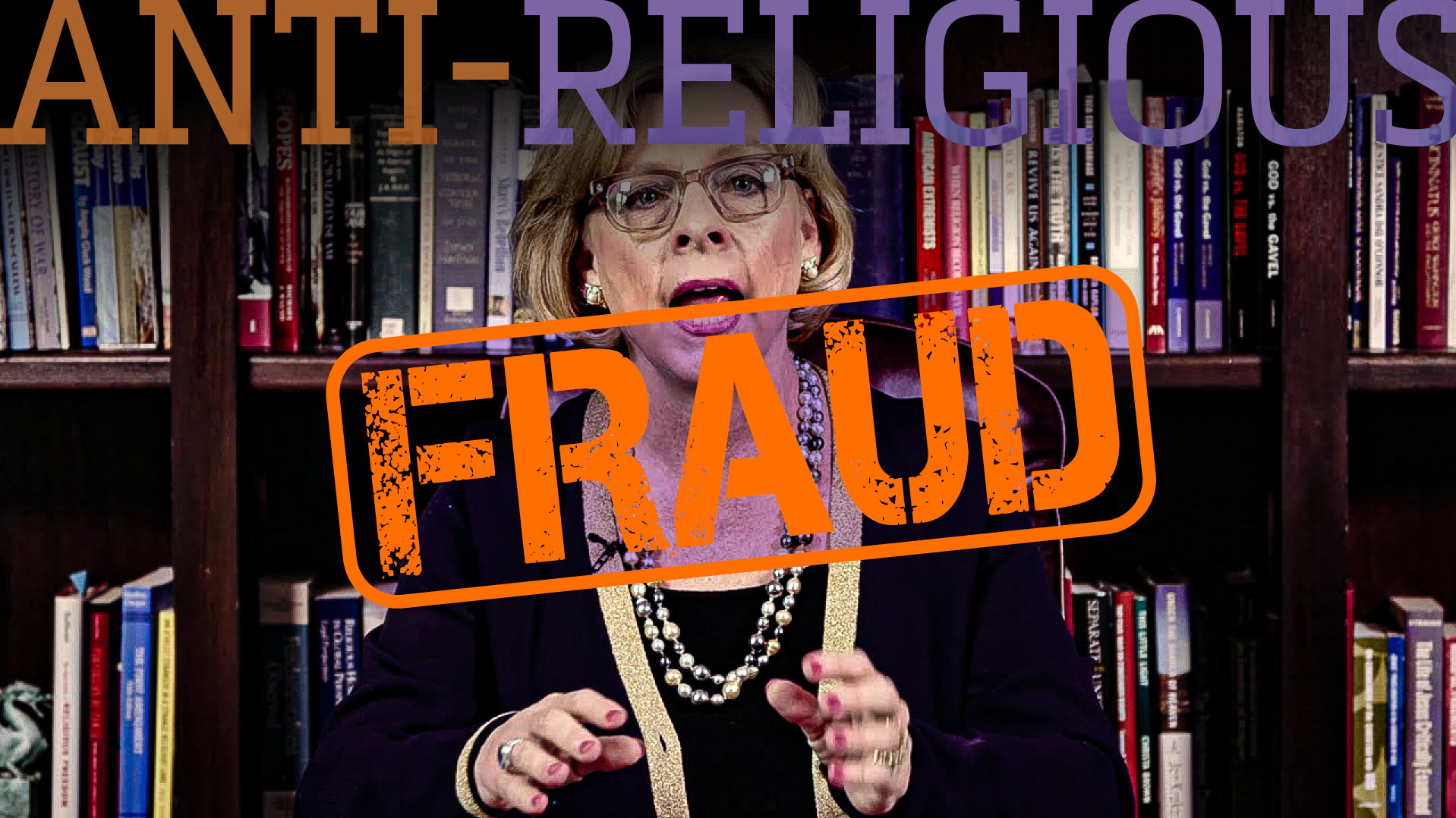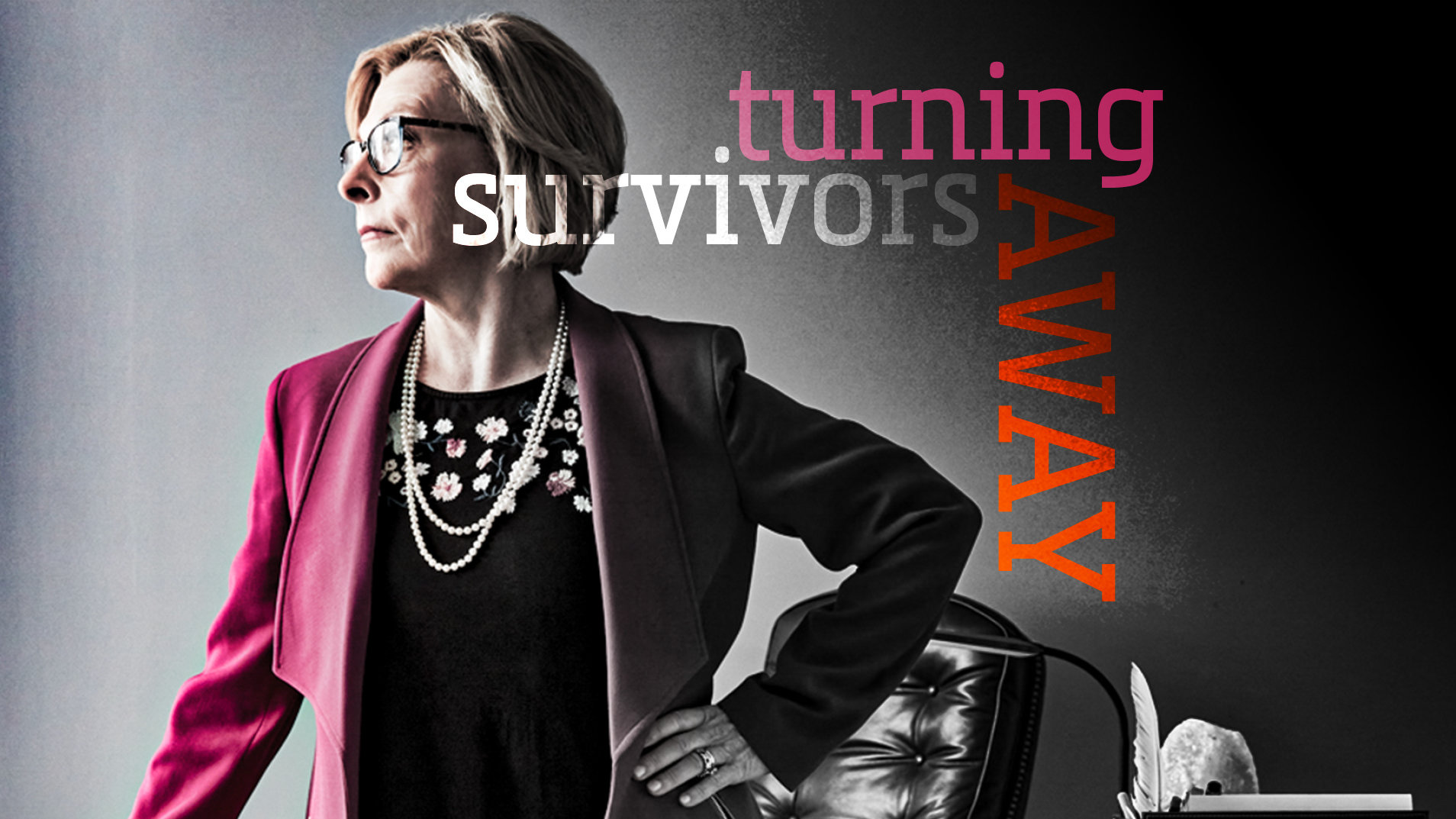In 1997, Hamilton argued against the applicability of the RFRA in a local Texas case, the result of which was a majority U.S. Supreme Court (6:3) finding that the federal RFRA could not be applied to the states and that Congress violated the constitutional separation of federal and state power. (City of Boerne v. Flores, Archbishop of St. Antonio; June 25, 1997)
In biographical profiles, Hamilton lists the Boerne decision as the jewel in her crown. If it was significant, it was for a reason contrary to what Hamilton had wished for: The ruling caused state legislatures to heed the Supreme Court’s direction; they enacted state-specific RFRAs. Nearly half of all states have passed their own RFRA legislation, which further strengthens religious liberties.
Unfortunately for Hamilton and her atheistic clients, on December 10, 2020, a unanimous U.S. Supreme Court held that the four Muslim plaintiffs were within their rights to invoke the RFRA….
Hamilton has waged a losing battle against the RFRA on behalf of her antireligious associates, including in cases where the law was a central issue.
Hamilton acted as amicus counsel for the Freedom from Religion Foundation (FFRF) in support of the government plaintiff in the now-famous "birth control" case Burwell v. Hobby Lobby Stores Inc. (Burwell was then Secretary of Health and Human Services.) The Supreme Court issued its landmark ruling in June 2014 holding that the RFRA permitted Hobby Lobby, a closely held for-profit corporation, to claim a religious exemption to health care coverage of contraceptives for employees under the Affordable Care Act.
Hamilton failed to sway the Supreme Court on Hobby Lobby, but the FFRF gave her its “Freethought Heroine Award” nevertheless at the FFRF’s 37th Convention in Los Angeles in October that year. In her acceptance speech, Hamilton lashed out against her nemesis, the RFRA.
In January 2020, Hamilton, in association with two Wisconsin lawyers, filed an amicus brief on behalf of both FFRF and the American Humanist Association in a case then pending in the U.S. Supreme Court by four Muslims against the FBI (Tanzin v. Tanvir). The case concerned government violations of religious freedom and involved the applicability of the RFRA in seeking monetary relief from the FBI. In this amicus brief, Hamilton classified the RFRA as a constitutionally illegal vehicle which “accords religious believers extreme religious liberty rights.”
Unfortunately for Hamilton and her atheistic clients, on December 10, 2020, a unanimous U.S. Supreme Court held that the four Muslim plaintiffs were within their rights to invoke the RFRA, stating that it is sometimes the only form of relief available to remedy government violations of religious freedom.
For an exercise in absurdity, Hamilton’s work on behalf of the American Humanist Association—which aims to bring about a progressive society “without a god”—earned her the Association’s “Religious Liberty Award” at its annual conference in 2015.
Hamilton compounded the irony with an acceptance speech in which she vented her resentment at the federal Religious Freedom Restoration Act and at the state laws—the very laws she helped spawn as a result of the 1997 decision in Boerne.
“Indeed, the RFRAs should be rejected and repealed,” Hamilton demanded, ending her speech on the note that “There really is such a thing as too much religious liberty.”






















